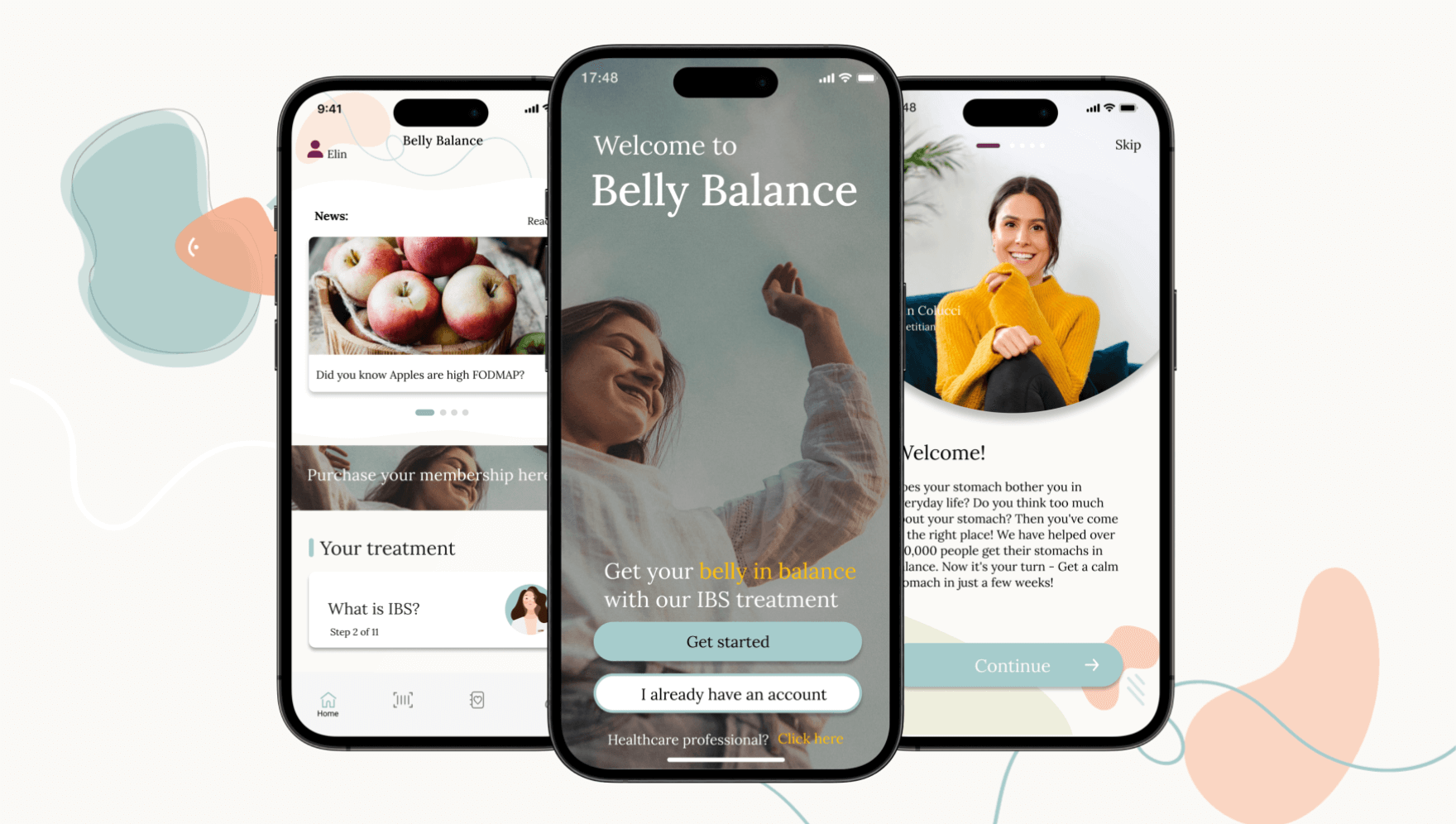
Dietary Supplements for IBS
Do you need additional supplements if you follow the low FODMAP diet, and if so, what type of supplements? We receive many questions about dietary supplements for IBS, and generally, it’s always best to get nutrients through food. However, we also understand that many of us lead lives where we don’t always get enough. In such cases, supplements may be necessary.
The shelves with vitamins, minerals, and self-help preparations are full of products claimed to alleviate and cure various issues. You’ve probably tried one or more of these, perhaps with good results, or maybe it’s challenging to evaluate. Since we don’t often measure vitamin and mineral levels in healthcare, choosing the right supplement can be a bit of a lottery.
Over the years, we have identified some supplements that we have seen have a good effect on IBS. A good rule of thumb is to try one at a time to evaluate the effect.
Best Dietary Supplements for IBS
HUSK – Psyllium seed husk powder with gel-forming properties, which has the ability to normalize stool and make it softer, whether you are constipated or have diarrhoea. Also, a very good supplement for those who eat too little fibre. The green variant is most suitable for those with IBS, and you can find it at the pharmacy.
Magnesium – Comes in many different forms, all affecting the body and intestines differently. Generally, magnesium forms with poorer absorption, such as oxide and citrate, provide more magnesium in the intestines, leading to a laxative effect. Other forms, like malate, glycinate, and lactate, have better absorption and do not have the same effect on the intestines. Studies show that a large part of the population does not get enough magnesium through their diet.
D-vitamin – Studies show that people with IBS and IBD have lower levels of D-vitamins than others. D-vitamin also seems to play a role in the development of several other diseases, so maintaining a good status is beneficial. We absorb D-vitamins from the sun’s rays, but only during the period of May-August. In between, we need to replenish our supplies through diet or by taking vitamins for ibs.
Iron – There are several reasons for low iron levels or iron deficiency. One is reduced absorption, which is common with untreated celiac disease or a damaged intestinal mucosa. The other is due to significant losses, through menstruation or if there are bleeding issues in the intestines, as in IBD (Crohn’s and ulcerative colitis). Studies also show that young women are more likely to suffer from iron deficiency, probably partly because many choose to exclude red meat from their diets.
Omega-3 – Essential fatty acids (DHA and EPA) that we need to provide through food or supplements since the body cannot produce them on its own. The advice is to eat fatty fish three times a week; otherwise, a supplement may be useful. Supplements are available in the form of krill or fish oil, but there are also vegetarian options from algae.
Probiotics – Beneficial bacteria can help balance the gut flora after a stomach illness or antibiotic treatment. During the elimination phase, a temporary reduction in certain bacterial strains has also been observed. To support gut bacteria, it may be a good idea to take a probiotic supplement. However, it can be challenging to evaluate the effect, and we always recommend trying it for at least a month before switching supplements.
Digestive enzymes – It is not possible to measure whether one has enough digestive enzymes. However, many feel better in their stomachs when taking an enzyme supplement. In particular, protein breakdown can be facilitated for those who find meat heavy. Enzymes are naturally present in sprouts, raw vegetables, fresh fruit, nuts, seeds, and grains, so it’s good to consume plenty of these.
FODMAP does not increase the risk of nutrient deficiency
However, if the diet becomes too one-sided and narrow, the intake of both energy and nutrients can be affected. Therefore, it is crucial to reintroduce foods and try to vary the diet, finding nutrient-rich foods that work for the stomach.
Dietary supplements for IBS as Plan B
We see dietary supplements for IBS as a Plan B, and it’s essential to primarily try to get nutrients through food. Sometimes it’s not possible, and then a supplement can be a good temporary solution. Try to go through your diet and make sure you get all the nutrients. You can always seek the help of a dietitian for a professional assessment, especially if you have allergies or follow a vegetarian or vegan diet.
Sofia Antonsson
Reg. Dietitian, Belly Balance
Take control of your IBS today!
Ready to reclaim your life from IBS? Our app provides the tools and guidance you need to manage IBS effectively.
Download the AppRead more about

IBS - What is it?
Bloated , constipated or having a gassy stomach? IBS or Irritable Bowel Syndrome is a functional gastrointestinal disorder, meaning no physical issues can be found in the stomach or intestines; they just don’t function quite as they should.

How the app works
Download the app and become part of our community. We assist you in achieving a calm and happy stomach through treatment and tools available directly in the app.

About FODMAP
By learning which foods upset your stomach, you can make conscious choices and get quick symptom relief. With the low FODMAP diet, you receive structured assistance in understanding which foods your body tolerates better than others. No more guessing and pondering – you get the answer straight away!

